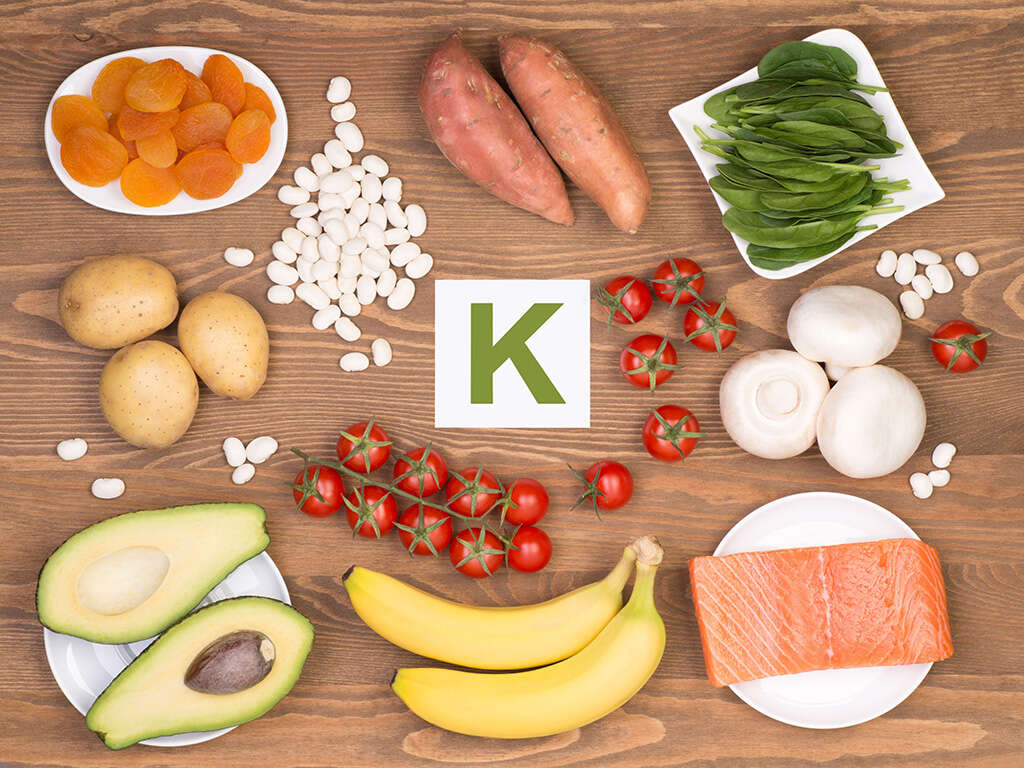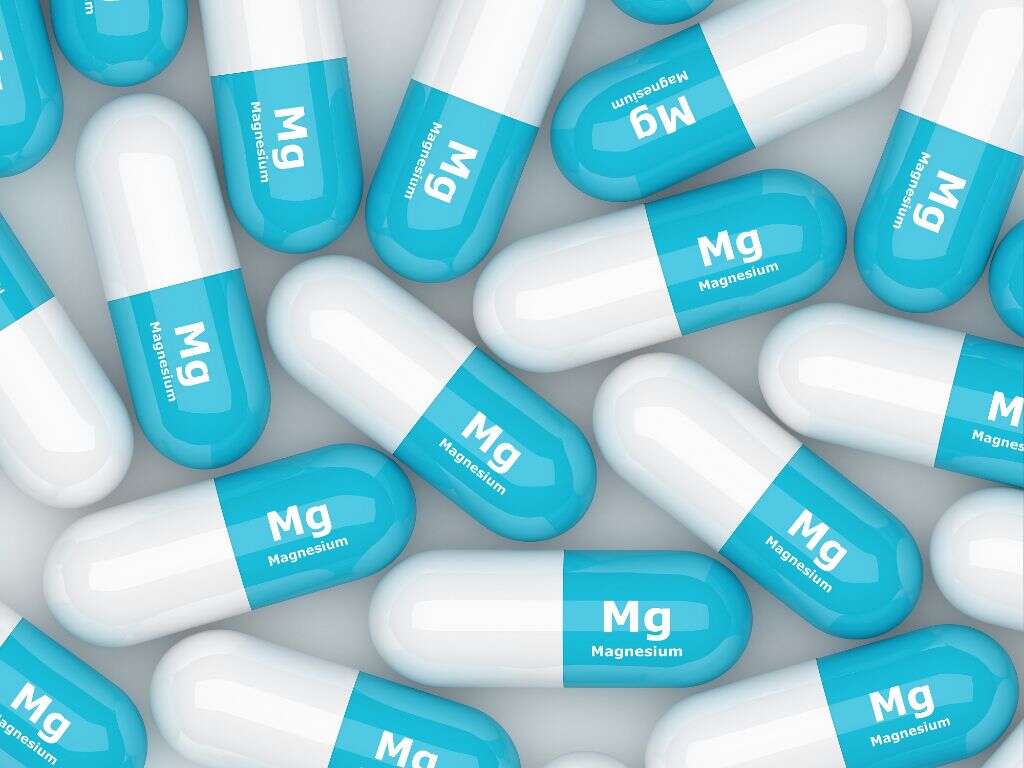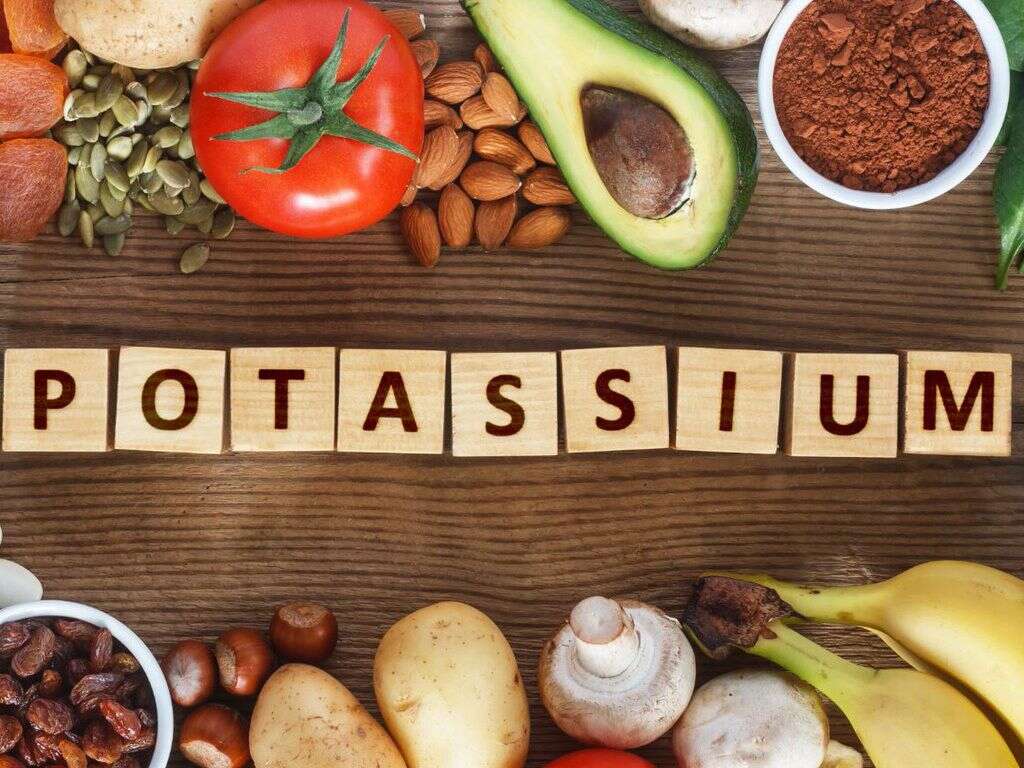10 Symptoms of Potassium Deficiency
Potassium is a natural mineral that is required by the human body for a number of purposes. The mineral is classified as an electrolyte and is present in all bodily tissues and cells. Potassium primarily contributes to overall muscle function, but also plays a role in digestive health, kidney function, blood pressure regulation and more. Obtaining an adequate supply of potassium on a daily basis is usually not a problem, as the electrolyte is found in a large variety of food options, but there are some individuals who are at a higher risk of suffering a potassium deficiency. Identifying the symptoms of a potassium deficiency, a condition known as hypokalemia, can help to reduce the risk of experiencing complications.
We will discuss why potassium is important, what symptoms may signal a lack of adequate potassium intake, consider how much potassium you need, and also take a look at some of the best foods to eat if you need to up your intake of this electrolyte. We will also consider the potential causes of potassium deficiency and talk about particular risk factors that individuals can potentially avoid to reduce their risk of suffering from low potassium levels.
Identifying the symptoms of low potassium levels in the body can help to provide early treatment and avoid some complications from developing. There are a number of potential complications and symptoms that may develop when potassium levels in the body become too low. Let’s take a look at ten common symptoms that a person may experience when they suffer from a potassium deficiency.
Symptom #1: Muscle Weakness
Muscle weakness is the most common symptom associated with a potassium deficiency. Potassium plays a key role in promoting muscle strength and the overall wellbeing of muscle tissue. The muscle weakness can make it more difficult for an affected person to properly move their legs and arms.
Symptom #2: Muscle Cramps
In addition to muscle weakness, many individuals who suffer from a lack of potassium in their body also experience muscle cramps. Muscle cramps may be mild or severe, and can affect a number of different muscle groups in the body.
Heart Palpitations
The heart is a muscle; thus potassium plays a part in the maintenance of a healthy heart. When potassium levels become low, a person may also experience irregular heartbeats, also called heart palpitations.
Drop In Blood Pressure
Blood pressure levels may drop since potassium plays an important role in the regulation of blood pressure. When potassium levels become severely low, an affected individual may faint due to a dangerous drop in their blood pressure.
Nausea
Abdominal distress may also occur in a patient when they suffer from a potassium deficiency. When abdominal distress occurs, the patient may also become nauseous and, in some cases, also vomit in response to the abdominal distress.
Bloating
Apart from causing nausea and potentially also vomiting, abdominal distress contributed to by low levels of potassium in the body also causes some affected individuals to experience stomach cramps. Bloating is also a possible symptom when potassium deficiency affects the gastrointestinal tract.
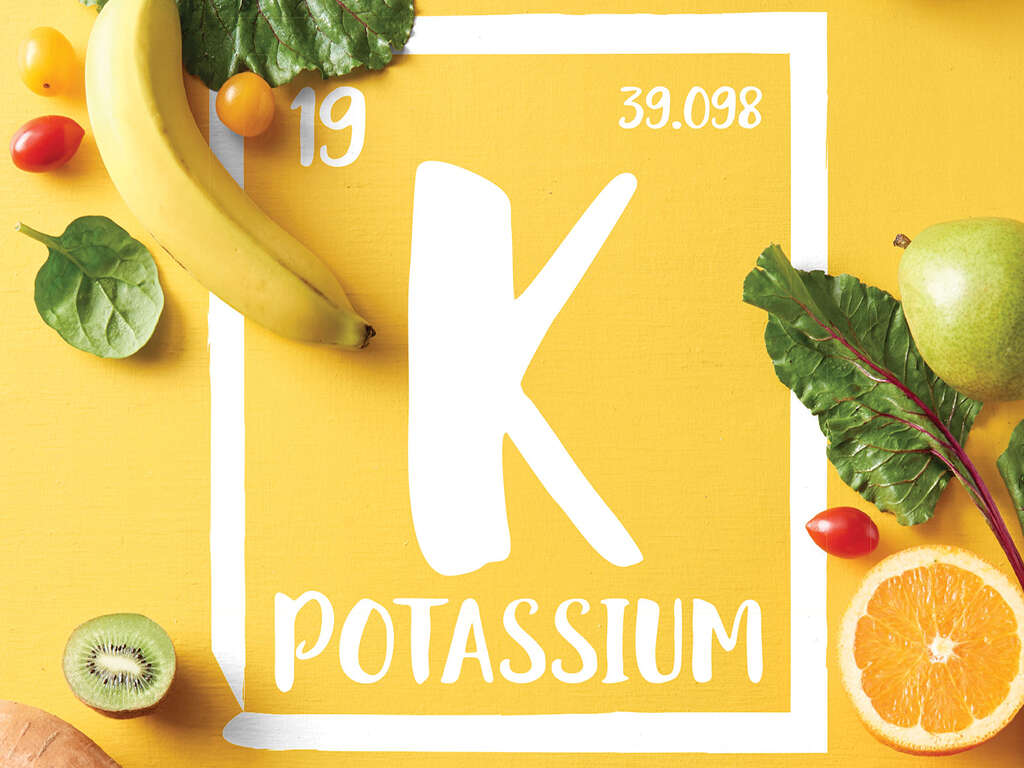
Constipation
Low potassium levels affect muscle function throughout the body – including the gastrointestinal system. This can lead to a slower movement of the muscles found in the gastrointestinal tract and, in turn, cause an affected individual to become constipated.
Numbness and Tingling
While potassium is known to primarily act upon muscle function, it is important to realize the importance of potassium in nerve function and the transmission of electrical nerve impulses. Low potassium levels can cause electrical impulses of nerves to become less effective in reaching the spinal cord, as well as the brain. This may lead to a reduction in sensory, which can cause an affected individual to experience numbness and a tingling sensation in their extremities, such as their hands, fingers, feet and toes.
Depression
Potassium deficiency has also been linked to a higher risk of mood disturbances, as well as symptoms related to depression, according to a study conducted by the Deakin University in Australia1https://www.ncbi.nlm.nih.gov/pubmed/18466657.
Psychosis
Other psychological symptoms may also become present when potassium levels in the human body become too low. In particular, a link between potassium deficiency and psychosis has been made, after a higher prevalence of low potassium levels were observed amongst patients with psychosis and other psychiatric conditions, as compared to healthy individuals.
Causes Of Potassium Deficiency
Identifying potential risk factors and causes for a deficiency of potassium in the body is vital for better addressing the condition, and may also be helpful in preventing the development of hypokalaemia symptoms. The most obvious cause of a potassium deficiency would be a lack of this electrolyte in an affected individual’s daily diet. When this is the cause, the treatment approach to restoring optimal potassium levels is simple – the individual simply needs to increase their intake of foods that are high in potassium.
There are, however, other possible causes of low potassium levels in the body, which also need to be addressed here. It should be noted that, in most cases where a patient suffers from potassium levels that are low enough to diagnose them with hypokalaemia, the cause behind the condition is not related to their daily dietary intake of potassium, but can rather be pointed to a different cause. Excessive use of laxatives to promote stool movements, and frequently suffering from diarrhea, are two potential causes of a potassium deficiency. Other issues with the gastrointestinal tract that may contribute to poor potassium levels in the body include vomiting, villous adenoma and an ileostomy.
In some cases, the cause of low potassium levels may lie with the kidneys. Renal tubular acidosis, low magnesium levels in the body, and high levels of aldosterone in the body are all possible causes that are related to kidney function. Some conditions, such as Cushing’s Syndrome, may cause corticosteroid levels in the body to become elevated; thus also contributing to a reduction in potassium levels.
We should also note that potassium deficiencies can sometimes be blamed on the use of certain medication. Furosemide, hydrochlorothiazide and other diuretic medication are known to increase the risk of developing a potassium deficiency. The use of prednisone and similar medications can cause corticosteroids in the body to increase, which also increases the risk of losing too much potassium. Other medications that may also contribute to poor potassium levels in the body include Amphotericin B and Aminoglycosides, such as tobramycin and gentamicin.
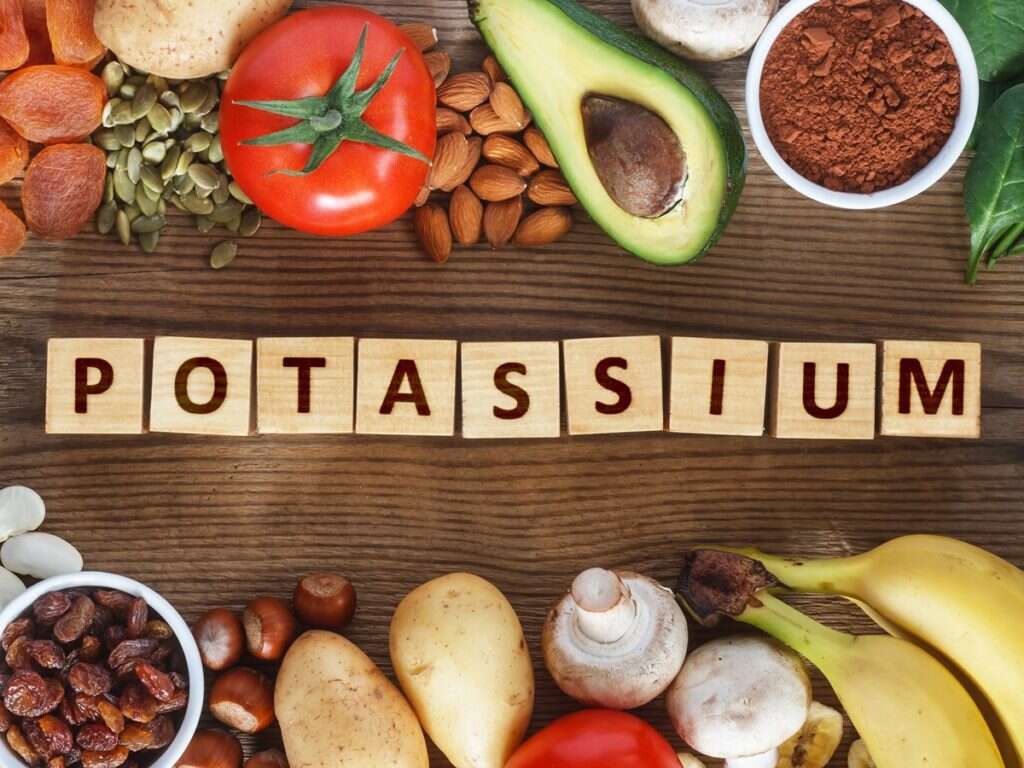
Foods High In Potassium
When symptoms of potassium deficiency develop, it is important to act appropriately. The faster a treatment protocol is put into place, the lower the risk of developing complications due to a potassium deficiency. Blood tests can assist with identifying hypokalaemia by determining current levels of potassium in a patient’s blood circulatory system and comparing the test results to what is considered normal levels of the electrolyte. Individuals experiencing symptoms associated with this condition should increase their intake of foods that are rich in potassium, which will help to increase potassium levels in their body and help alleviate their symptoms.
Bananas are probably the most popular food associated with potassium. One large banana contains approximately 487 milligrams of potassium; thus delivering 14% of the daily recommended potassium intake. Bananas, however, are not the only type of food that is rich in potassium. Other sources of potassium include:
- Avocado (1,067 milligrams of potassium in one whole avocado)
- Acorn squash (896 milligrams of potassium per one cup acorn squash)
- Sweet potato (855 milligrams of potassium per large sweet potato)
- Spinach (839 milligrams of potassium in one cup cooked spinach)
- Wild-caught salmon (772 milligrams of potassium per half fillet)
- Pomegranate (667 milligrams per pomegranate)
- Coconut water (600 milligrams of potassium per one cup coconut water)
- White beans (502 milligrams of potassium per half cup white beans)
How Much Potassium Do You Need?
Optimal potassium intake can assist with improving muscle function and supporting other particular elements in the human body that relies on potassium. Unfortunately, most people are not fully aware of how much potassium they need to consume on a daily basis. Too little potassium can cause symptoms associated with hypokalaemia, but, at the same time, taking in too much potassium can lead to hyperkalemia. For this reason, education about optimal daily intake of potassium should be considered essential.
Daily potassium requirements may vary from one person to another, since the body’s need for potassium depends on certain factors, such as a person’s activity level, their overall well-being, and more. The general recommendation is to ensure a minimum of 3,500 milligrams of potassium is consumed through food sources every day. In some countries, the minimum daily recommendation of potassium intake is 4,700 milligrams.





